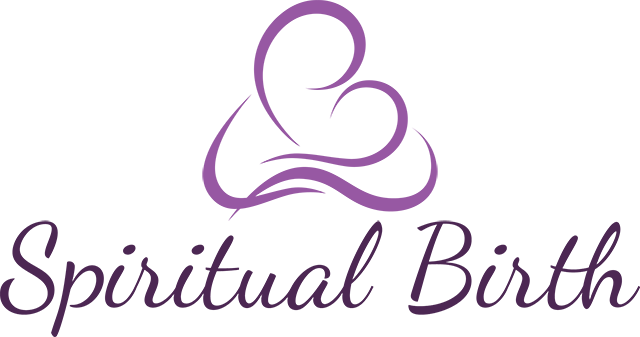Dr Beatriz Manrique and a team of psychologists working in the ghettos of Caracus, Venezuela, demonstrated that when parents are taught to communicate with their preborn children from early in womb life (ideally from conception), their physical, intellectual and emotional development is favoured. A research programme of prenatal intervention, beginning in the fifth prenatal month, produced significant

improvement in developmental capacities of the babies once they were born, improved their mothers’ confidence and self-esteem, and enhanced family solidarity. The babies in the experimental group, receiving the extra care and attention, maintained a consistent lead in development throughout a 6-year follow-up period.
Three main areas of study were selected
1. Women and their partners attended the prenatal education sessions for thirteen weeks. Educators used a variety of techniques to impart knowledge to parents on health and nutrition, adequate prenatal connection and stimulation with their unborn babies. These techniques included teaching a thinking process based on questions and answers and the use of flip charts to teach basic health care and nutrition. Relaxation techniques in conjunction with music and guided visualisations for labour and birth gave parents confidence and helped them maintain contact with their baby.
2. The stimulation programme consisted of communication exercises with the baby from the fifth month of pregnancy offered in a context of love and appreciation for the baby’s growing sensitivity and intellect. When a mother becomes aware of how a baby moves in the womb, the rythm and timing of these movements and responds to them, a synchronicity of responsive communication and attachment is initiated.
3. The neonatal intervention, applied from birth, was based on the appreciation of the capabilities demonstrated by newborn babies. Parents were taught specific exercises that helped them engage with their babies and stimulate further development. Eye contact, finger games, movement games, singing, dancing and verbal interactions are vital from birth between adult and baby. These games establish a framework for all future interactions in relationships and the outer world.

While most women tend to enroll in antenatal classes to help them through the childbirth process and the early postnatal days, few first-time parents relate to the baby as a person in utero or anticipate the baby’s future development or the impact the baby will have on their social lives.
This approach of communicating with the preborn baby is not widely practiced, as knowledge of the capacities of the unborn baby is based on contemporary cutting edge neuroscience research. Babies in the womb are now understood to hear sounds and music, cry and laugh, can feel touch, and can observe light from at least the 28th week of pregnancy.
Antenatal facilitation can assist parents to connect with their preborn baby as a real person with unique abilities. This empowers parents to engage with and continue to relate to their baby in ways that respect and foster his or her potential for growth and development.
Enlightening couples about their unborn baby’s sensory awareness and offering a prenatal stimulation and enrichment programme appears to encourage fetal and neonatal development with regard to variables such as height, head circumference, motor co-ordination and speech and language acquisition. This has enormous implications for the future of a generation of children in terms of their cognitive, emotional, and social development and behaviour.
Into the future

The journey through pregnancy and childbirth is personal and spiritual and takes place within a network of relationships. It is a process that transforms a woman’s life completely in a way that cannot be anticipated. If parents are equipped with skills that enhance their communication with their babies, it may make the task of parenting more pleasurable.
Holistic innovations, (aromatherapy, massage, psychotherapy, deep-breathing exercises, meditation, relaxation tasks, creative visualisation) and maternal sensory stimulation enrich a couple’s experience and help them to feel more in touch with their own inner strength and love for their child. Add to this repertoire, the skill of prenatal communication and relationships can only be enhanced.
When parents learn skills of communication with their preborn babies, in classes or workshops, or with an educated facilitator, this may lead to greater parental sensitivity and understanding of the developing infant. Such work has the potential to improve the lives of whole generations of growing babies and children.


It is some thing I need to find more information about, many thanks for the article.
I always enjoy all your articles, thanks for posting this Marianne… how are we going to do this again without you?
Thank you! This is a great article. It’s so wonderful to see science backing up the truth of what conscious parents and spiritual cultures have known instinctively. Parenting starts from pre-conception truly!